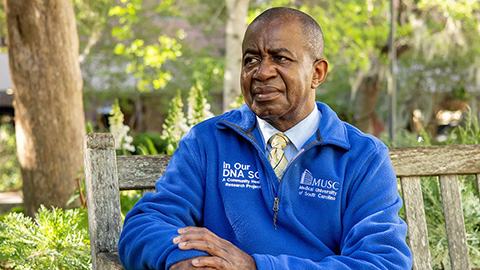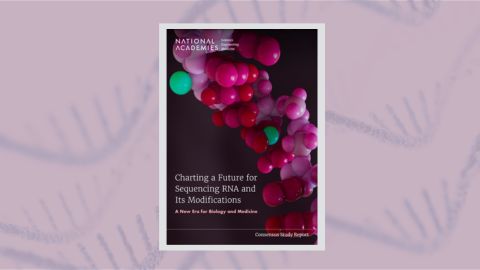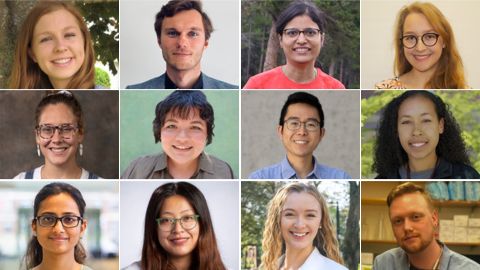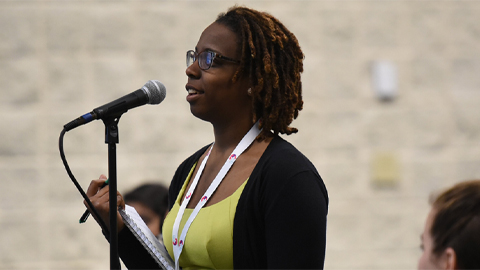ASBMB cautions against sacrificing science funds to make debt-ceiling deal
The American Society for Biochemistry and Molecular Biology released a statement this week calling on policymakers participating in debt-ceiling negotiations to preserve funding to major scientific agencies such as the National Institutes of Health, National Science Foundation and the Department of Energy.
In January, the United States reached its debt limit of $31.4 trillion. House Republicans are resisting raising the debt ceiling unless federal spending levels are reduced to fiscal year 2022 levels, which would reduce discretionary funding to the NIH, NSF and DOE by 22%.

A spending cut of that size would eliminate funding for 5,000 NIH grants and 31,000 NSF-supported and 5,200 DOE-supported researchers, according to the agencies.
Sarina Neote, public affairs director of the ASBMB, said the ASBMB strongly opposes reducing federal spending for science at this time and described the potential fallout as “devastating” to both the economy and scientific enterprise.
“Such cuts would negatively impact our 11,000 students, researchers, educators and industry professionals,” Neote said. “We have an obligation to do whatever we can to ensure that our members do not lose their funding or jobs.”
In the society’s statement, it argued: “This proposal would damage the U.S. research enterprise, weaken the nation's global leadership in science and technology, and threaten the scientists and students working tirelessly toward the next breakthroughs.”
Treasury Secretary Janet Yellen extended the deadline for negotiators to agree on a new debt limit to June. In the meantime, the ASBMB urged lawmakers to consider the impacts that spending cuts would have on the lives of scientists and their families.
“Each federal grant supports not just a principal investigator, but a whole lab made up of staff scientists, postdoctoral researchers, graduate students and even undergraduate trainees,” the society wrote. “Cutting each federal grant means multiple people will lose their livelihoods and training opportunities. We must not let this happen.”
Enjoy reading ASBMB Today?
Become a member to receive the print edition monthly and the digital edition weekly.
Learn moreGet the latest from ASBMB Today
Enter your email address, and we’ll send you a weekly email with recent articles, interviews and more.
Latest in Policy
Policy highlights or most popular articles

Genetics studies have a diversity problem that researchers struggle to fix
Researchers in South Carolina are trying to build a DNA database to better understand how genetics affects health risks. But they’re struggling to recruit enough Black participants.

National Academies propose initiative to sequence all RNA molecules
Unlocking the epitranscriptome could transform health, medicine, agriculture, energy and national security.

ATP delegates push for improved policies
This ASBMB program helps advocates gain skills to address issues that affect science and scientists.

Advocacy workshops at Discover BMB 2024
Topics include running for office, becoming an advocate, and navigating the grant review process at the NIH.

NIH’s advisory committee releases report on re-envisioning postdoc training
The working group developed six primary recommendations for the National Institutes of Health.

When authoritative sources hold onto bad data
A legal scholar explains the need for government databases to retract information.

